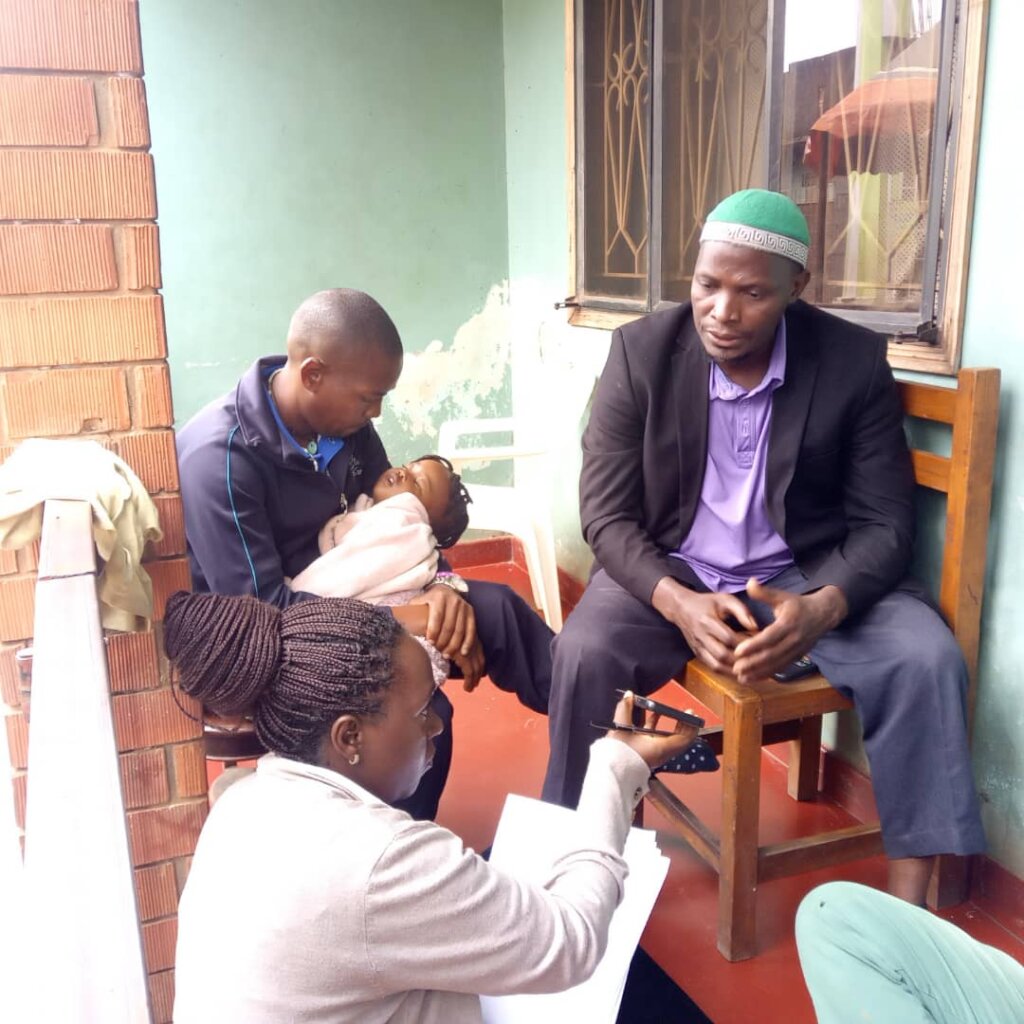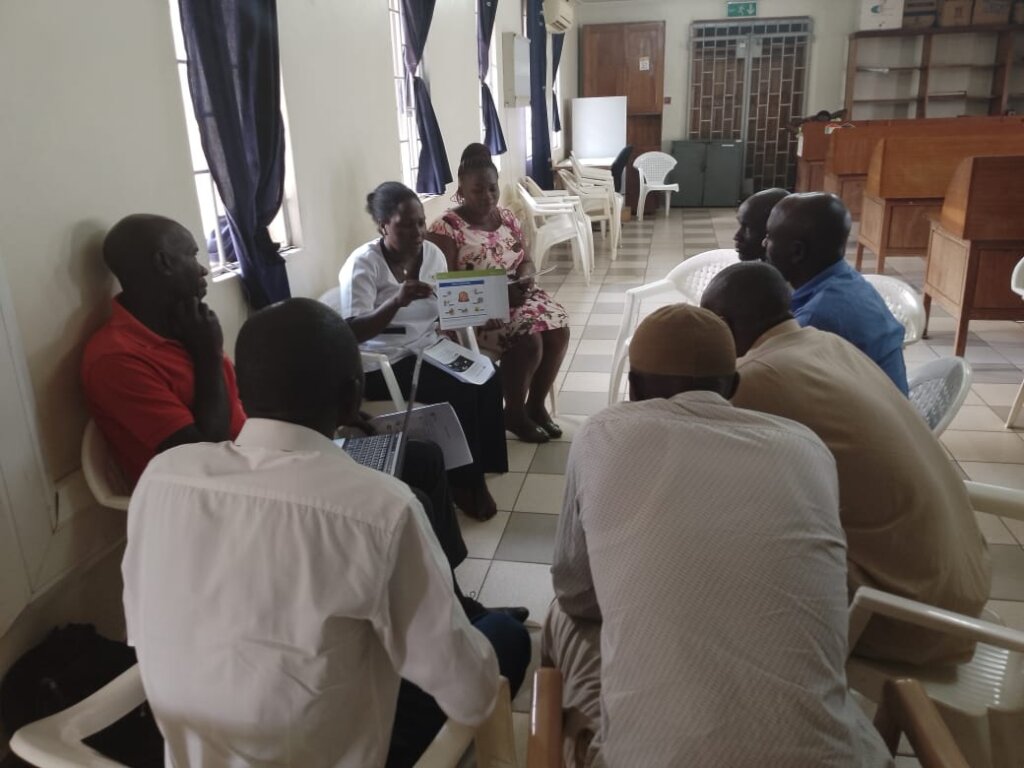By Ruth Nakalembe | Program Officer
Fathers as Active Caregivers: Strengthening Roles in Cerebral Palsy Rehabilitation
1. Introduction
This quarter focused on empowering caregivers of children with cerebral palsy (CP), emphasizing the involvement of fathers. The program aimed to enhance their participation in caregiving roles, train them in using assistive devices like standing frames, and improve communication techniques to foster stronger bonds and better developmental outcomes for children with CP.
2. Key Activities Conducted
2.1 Training Fathers on Caregiving Roles
Six fathers attended the training sessions specifically designed for male caregivers.
Topics Covered:
Understanding the importance of fathers' roles in caregiving.
Emotional and psychological support for children with CP.
Practical involvement in daily routines such as feeding, dressing, and therapy exercises.
Feedback: Fathers expressed a greater sense of responsibility and appreciation for their role in their children's development.
2.2 Enhancing Communication with Children with CP
Training Approach:
Fathers were trained on recognizing non-verbal communication cues, such as gestures, facial expressions, and sounds.
Techniques for stimulating communication, including the use of pictures, toys, and songs.
Emphasis on creating an emotionally supportive environment to encourage interaction.
Interactive Activities: Role-playing exercises were conducted to simulate real-life scenarios for effective communication.
Results: Fathers reported improved interactions with their children, noting increased responsiveness and emotional bonding.
3. Highlights of the Quarter
Engaged Fathers: The program successfully attracted fathers who had previously been minimally involved in caregiving roles.
Improved Confidence: Fathers expressed increased confidence in their ability to actively support their children’s rehabilitation.
Strengthened Family Support: Mothers reported feeling more supported in caregiving, improving the overall family dynamic.
4. Recommendations
Community Sensitization: Organize community sessions to address cultural norms and encourage more fathers to participate in caregiving.
Follow-Up Sessions: Conduct regular follow-ups with fathers to assess progress and provide ongoing mentorship.
5. Way Forward
Plan a father-focused peer support group to maintain engagement and encourage the sharing of experiences.
Explore partnerships with local organizations to mobilize additional resources for assistive devices and caregiver training.
6. Conclusion
The focus on empowering fathers in caregiving roles has demonstrated significant potential in improving the well-being of children with cerebral palsy and strengthening family dynamics. Building on these initial successes will require addressing barriers to participation and scaling up resources to reach more families in need.
By Ruth Nakalembe | Livelihood officer
By Harriet Babikako | Project lead
Project reports on GlobalGiving are posted directly to globalgiving.org by Project Leaders as they are completed, generally every 3-4 months. To protect the integrity of these documents, GlobalGiving does not alter them; therefore you may find some language or formatting issues.
If you donate to this project or have donated to this project, you can receive an email when this project posts a report. You can also subscribe for reports without donating.
Support this important cause by creating a personalized fundraising page.
Start a Fundraiser
